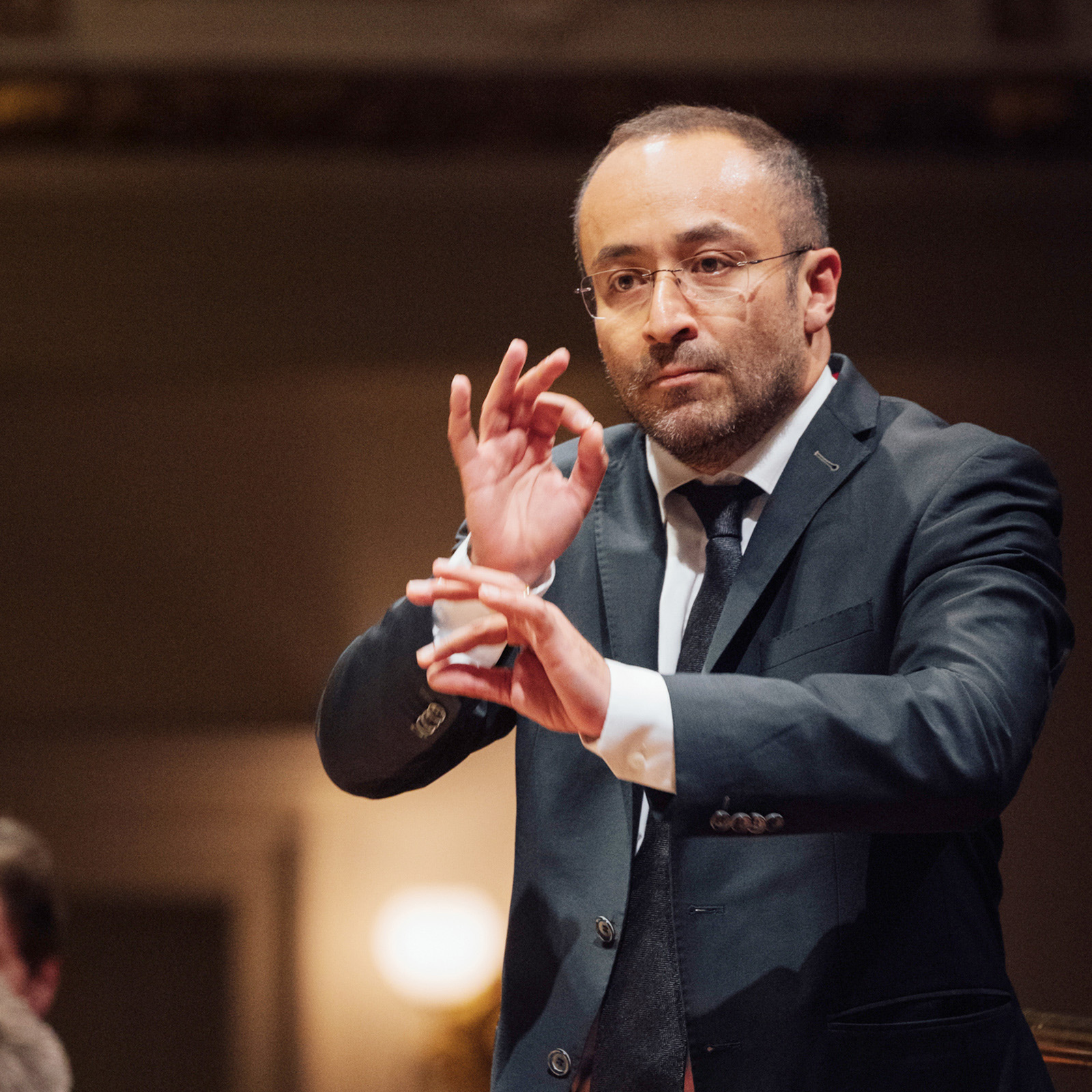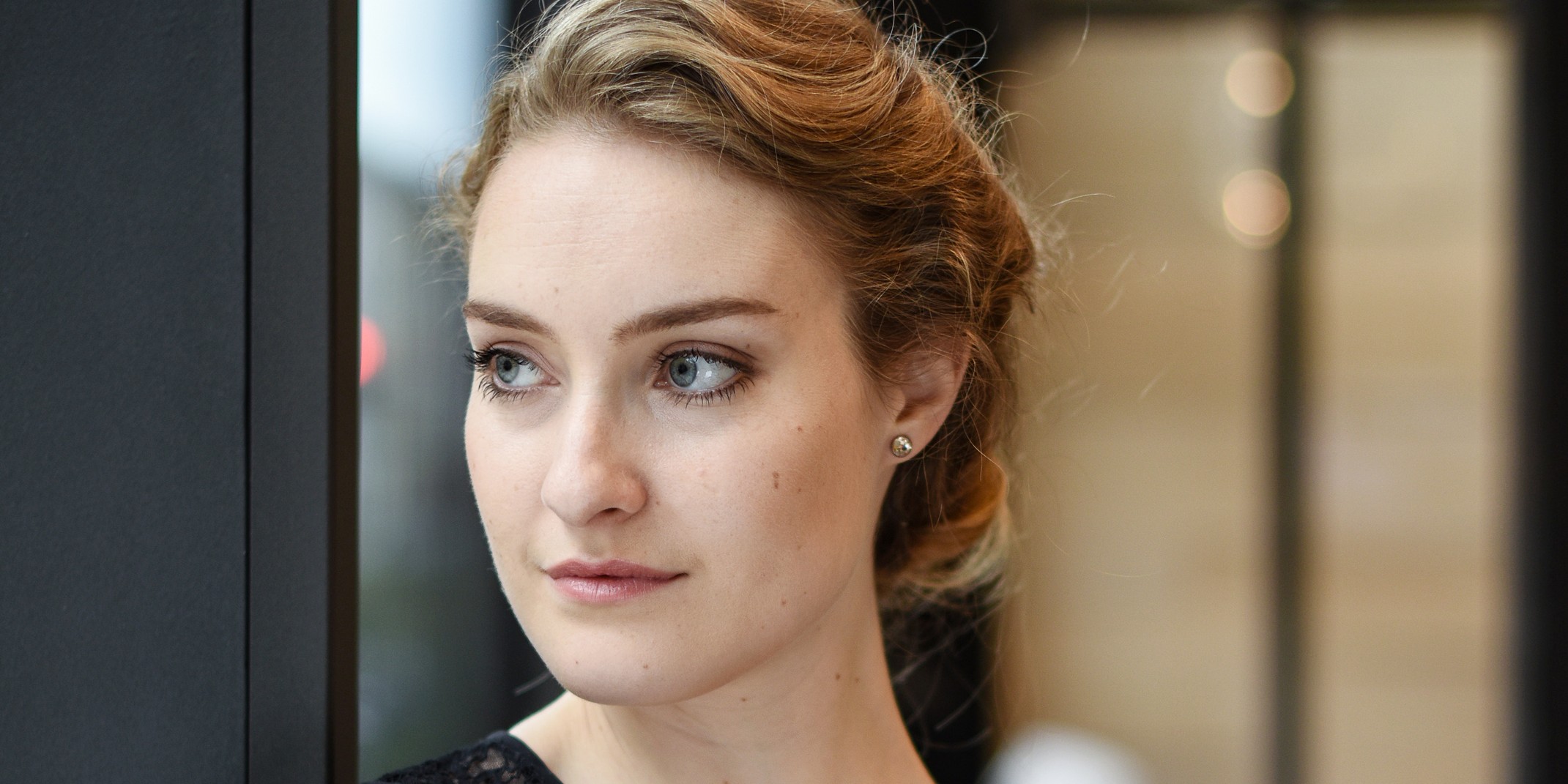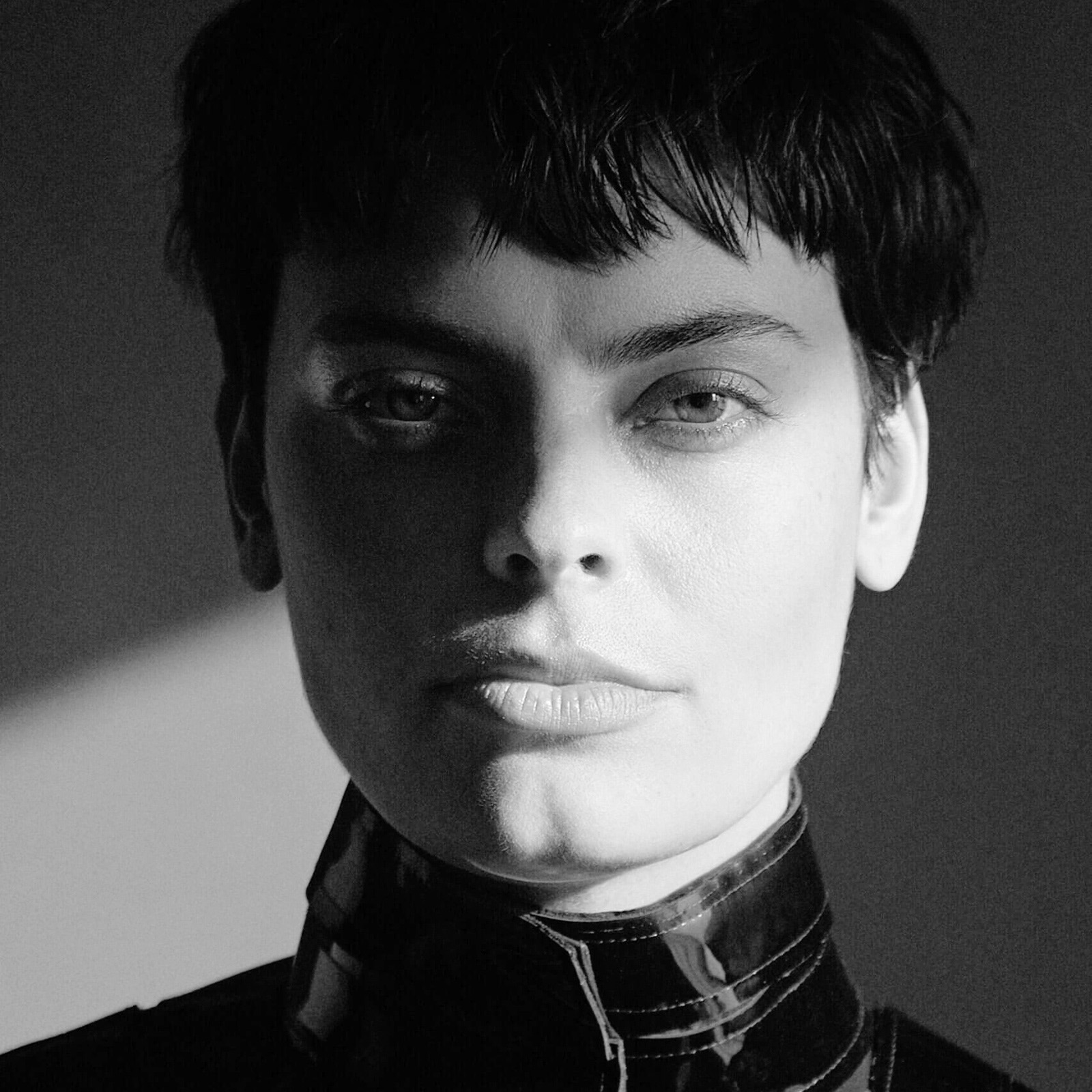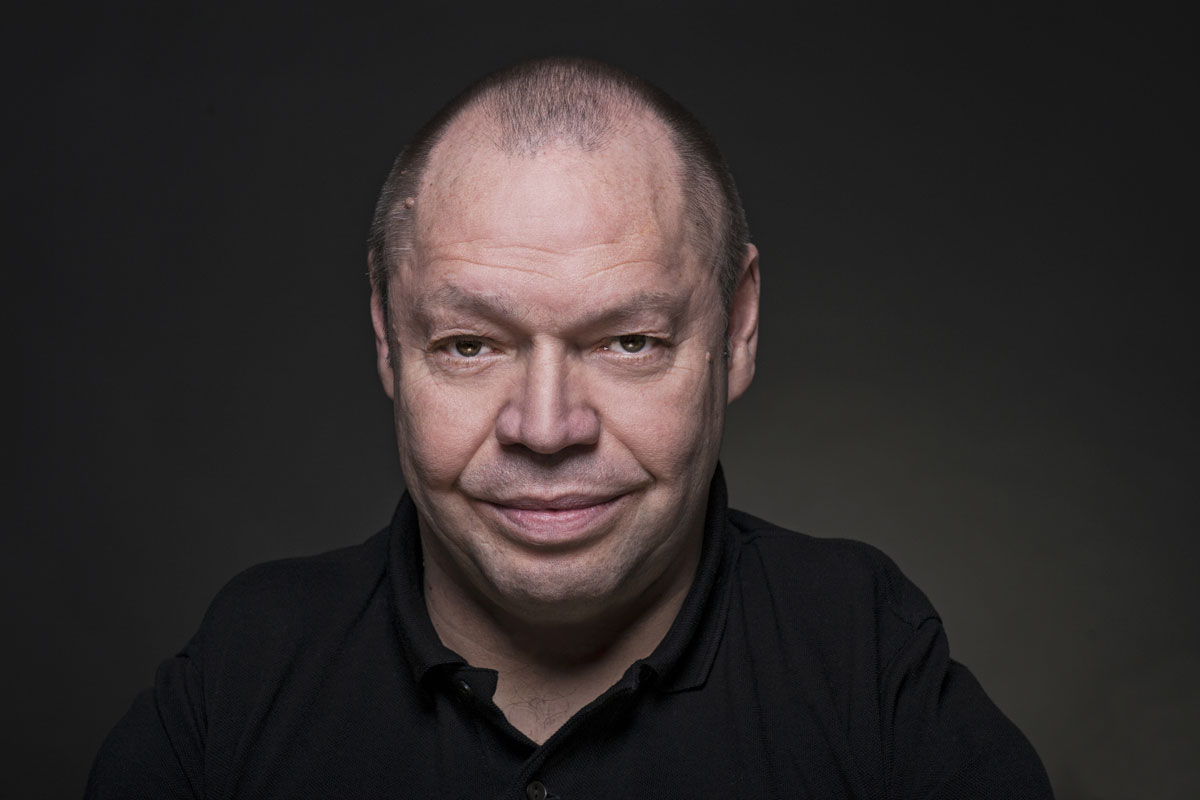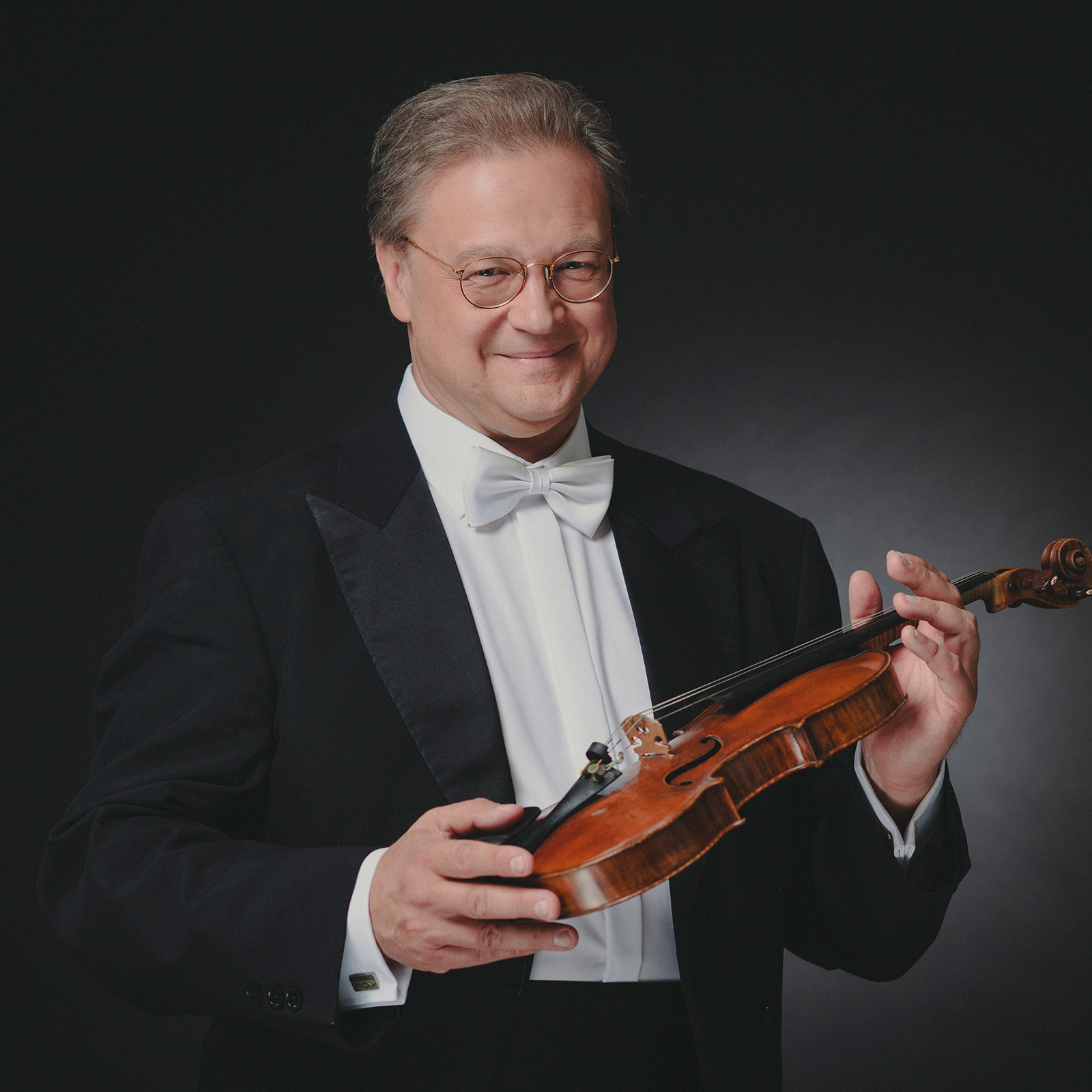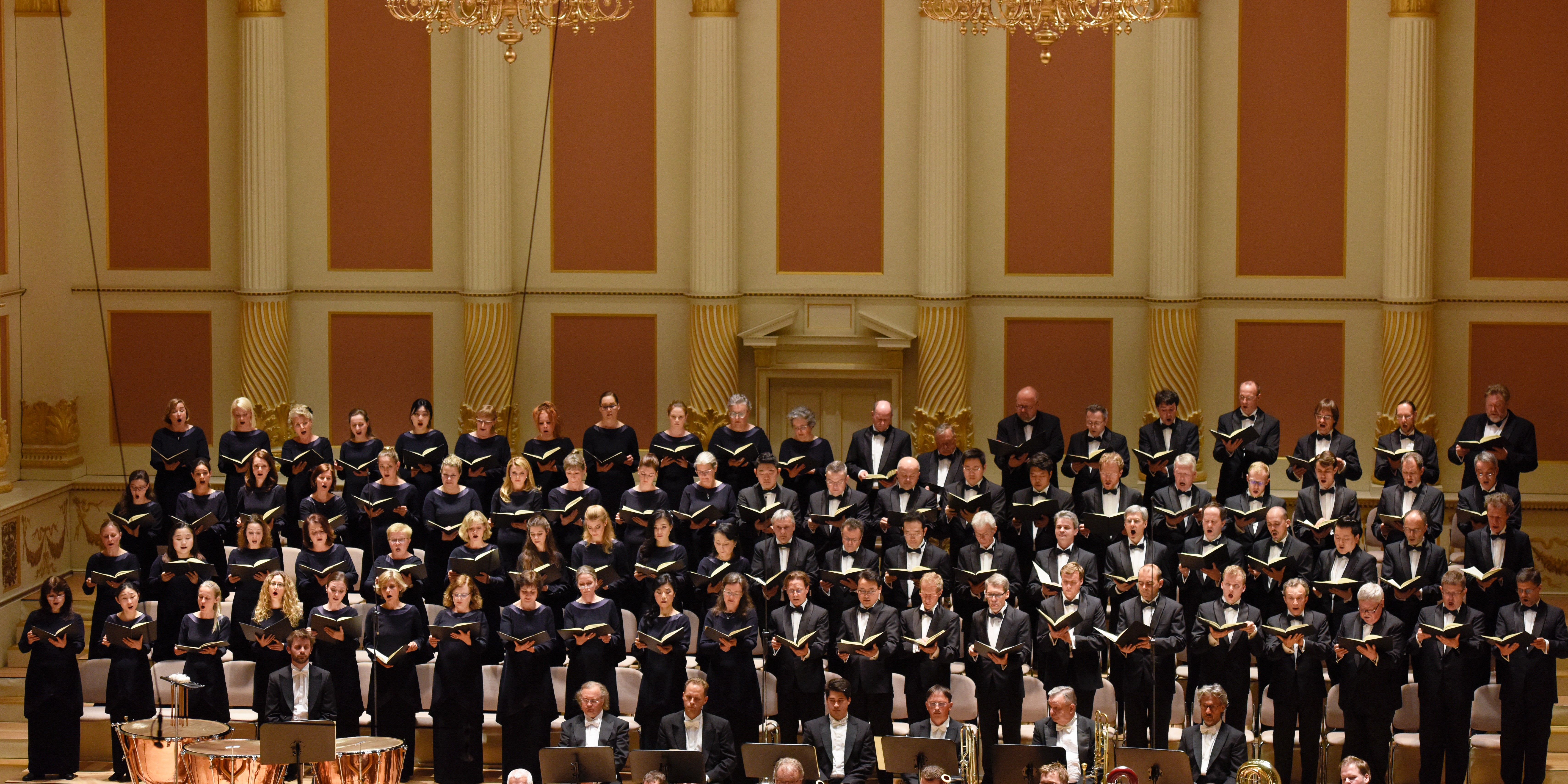Advent Concert of ZDF
Mitwirkende
- Riccardo Minasi Conductor
- Nikola Hillebrand Soprano
- Emily D’Angelo Mezzosoprano
- Thomas Quasthoff Bass
- Matthias Wollong Violin
- Sebastian Herberg Viola
- State Opera Chorus Dresden
gespielte Werke
Carl Philipp Emanuel Bach
- »I. Magnificat» aus Magnificat, Wq 215
Georg Friedrich Händel
- »But Who May Abide», Arie aus: Messiah, HWV 56
- »Hallelujah« aus »Messiah« HWV 56
- »Laudamus te« Arie aus: Messe c-Moll KV427
- »Domine Deus«, Duett aus: Messe in c-Moll KV 427
- »Presto«, 3. Satz aus: Sinfonia concertante, KV 364
- »Bereite dich Zion«, Arie aus: Weihnachtsoratorium, BMV 248
- »Wie soll ich dich empfangen«, aus: Weihnachtsoratorium, BWV 248
- »Laudate dominum«, aus: Vesperae solennes de Confessore, KV 339
- »Jesus bleibet meine Freude«, BWV 147
- »I'll be Home for Christmas« (Arr. Jarkko Riihimäki)
Wolfgang Amadeus Mozart
Johann Sebastian Bach
Wolfgang Amadeus Mozart
Johann Sebastian Bach
Walter Kent
Sendetermin im ZDF: 1. Dezember 2024 ab 18 Uhr.
- Saturday30.11.2418:00 UhrFrauenkirche Dresden
Riccardo Minasi
Chief Conductor of Mozarteumorchester Salzburg, »Artist in Residence« of the Ensemble Resonanz at the Elbphilharmonie in Hamburg and regular guest of the Orchestra La Scintilla at the Opernhaus Zürich, Riccardo Minasi has recently received invitations as guest conductor from orchestras such as the Sächsische Staatskapelle Dresden, Concertgebouworkest, Deutsches Symphonie-Orchester Berlin, Symphonieorchester des Bayerischen Rundfunks, Swedish Radio Symphony Orchestra, Teatro Carlo Felice di Genova, Netherlands Chamber Orchestra, Scottish Chamber Orchestra, Orchestra della Svizzera Italiana, Orchestre National de Belgique.
In the recent years he conducted Tokyo Metropolitan Orchestra, Hessischer Rundfunk Sinfonieorchester, City of Birmingham Symphony Orchestra, Academy of Ancient Music, Konzerthausorchester Berlin, Philarmonia Zürich, Orchestre National de Lyon, Orchestre de Chambre de Lausanne, London Chamber Orchestra, Zürcher Kammerorchester, Kammerorchester Basel, Philharmonische Staatsorchester Hamburg, Los Angeles Chamber Orchestra, Orquestra Sinfónica Portuguesa, Stavanger Symfoniorkester, Portland Baroque Orchestra, Il Complesso Barocco, Orquesta Barroca de Sevilla, Kammerakademie Potsdam and Helsinki Baroque Orchestra with whom he was the associate music director from 2008 to 2011.
Most recent operatic engagements include Les Pêcheurs de perles at the Salzburg Festival, Don Giovanni, Entführung aus dem Serail, Orlando Paladino, Matrimonio Segreto, Il Pirata, Viaggio a Reims, Turco in Italia and the ballets by Christian Spuck on music by Schnittke, Schumann and Monteverdi at Zürich Opera, Iphigénie en Tauride, Alcina, Nozze di Figaro, Agrippina at the Hamburg Staatsoper, Carmen at the Opera in Lyon, Rinaldo at the Theater an der Wien, Rodelinda and Le Nozze di Figaro at the Dutch National Opera.
In collaboration with Maurizio Biondi he published the critical edition of Norma for Bärenreiter in 2016. Co-founder and director of the ensemble il Pomo d’oro from 2012 to 2015, he was professor at the conservatory Vincenzo Bellini of Palermo between 2004 and 2010. He has held seminars, master classes and historical performance practice lessons at the Juilliard School of Music of New York, Longy School of Music of Cambridge (USA), Sibelius Academy of Helsinki, Hochschule für Musik Hannover, Antwerp conservatory, Chinese culture university of Taipei (Taiwan), Zürich Opernhaus, Kùks residence (Czech Republic), Scuola di Musica di Fiesole, Sydney conservatory (Australia), at the European Union Baroque Orchestra (EUBO) and as historical advisor for the Montréal Symphony Orchestra (Canada).
Among the numerous prizes received, notably are the albums »Rosenkranz Sonaten« by Biber (finalist at the Midem Classical Award Cannes as album of the year 2009),»Stella di Napoli« with Joyce Di Donato (Diapason d’Or of the year 2015, BBC Music magazine Award, Grammophone Choice, Grammy Award nominee 2015), »Agrippina« with Ann Hallenberg (International Opera Award 2016), »Partenope» with Philippe Jaroussky and Karina Gauvin, »Catone in Utica«, »Giovincello« and »Haydn concertos« (Echo-Klassik Award 2016), »The Seven Last Words of Christ« by Haydn with Ensemble Resonanz (Diapason d’Or of the year 2018) and the C.P.E.Bach cello concertos with Jean- Guhien Queyras (Diapason d’Or of the year 2019).
Nikola Hillebrand
The German soprano Nikola Hillebrand was born in Recklinghausen, in the heart of North West Germany. She performs regularly throughout Germany and the rest of Europe and this season will be part of the resident ensemble of National theatre Mannheim. In July 2017, Nikola made her debut at Bavarian State Opera as she jumped in as Azema in the run of Rossini’s »Semiramide« during the Opernfestspiele. Nikola began her studies aged 17 at the Hochschule for Music and Theatre, under the guidance of Professor Fenna Kügel-Seifried. During her studies in Munich, Nikola made her professional debut as Belinda in »Dido & Aeneas« at Theater Bonn and went on to play Papagena and Queen of the Night (»Die Zauberflöte«) as well as Marzelline in a new production of »Fidelio«. In the summer of 2015, she made her debut at Glyndebourne as Blondchen in David McVicars new production of »Entführung aus dem Serail«. Nikola was invited to return to Glyndebourne the following season, playing the role of Barbarina and covering the role of Susanna in »Le Nozze di Figaro«. She became the 50th recipient of the John Christie Award in her debut season with Glyndebourne. This is awarded in conjunction with the Worshipful Company of Musicians to a young singer who has shown exceptional promise through their work during the season.
Thomas Quasthoff
Fast vier Jahrzehnte lang hat Thomas Quasthoff als Sänger auf internationalen Bühnen Maßstäbe gesetzt und unzählige Menschen mit seiner Kunst erreicht und bewegt. Im Jänner 2012 beendete er seine beispiellose Karriere als Sänger. Dem Gesang und der Kunst bleibt er weiter eng verbunden: sei es als Lehrender an der Musikhochschule Hanns Eisler in Berlin oder bei Meisterkursen, sei es als Rezitator und Sprecher bei Konzerten, sei es bei Lesungen oder neuen Projekten wie der Gesprächsreihe »Thomas Quasthoffs Nachtgespräche«.
Als einer der bemerkenswertesten Sänger seines Fachs konzertierte Thomas Quasthoff regelmäßig mit den Berliner und Wiener Philharmonikern sowie vielen weiteren internationalen Spitzenorchestern. Eine enge Zusammenarbeitet verband ihn mit Dirigenten wie
Matthias Wollong
Matthias Wollong, born in Berlin in 1968, began playing the violin at the age of five. After training in Werner Scholz's masterclass, he went to Switzerland from 1987 to 1989 to study with the legendary violinist and teacher Tibor Varga. During this time, he performed as a soloist in Germany, France and Switzerland. At the end of his studies there, he won the violin competition named after his teacher. This was followed by numerous other prizes, including the top prize at the Joseph Joachim Violin Competition in Austria. He was already a member of the Gustav Mahler Youth Orchestra at a young age.
He has been 1st concertmaster of the Staatskapelle Dresden since 1999, having held the same position with the Rundfunk-Sinfonieorchester Berlin from 1991 to 1999. He regularly works with leading conductors such as Adam Fischer, Rafael Frühbeck de Burgos and Marek Janowski as well as with orchestras such as the ORF Symphony Orchestra, the Berlin Radio Symphony Orchestra, the Staatskapelle Dresden, the Berlin Symphony Orchestra and the Staatskapelle Weimar. He has also appeared as a soloist with Lorenzo Viotti, Myung-Whun Chung and Lionel Bringuier. In the summer months, he plays as 1st concertmaster in the Bayreuth Festival Orchestra.
Matthias Wollong has been devoting himself increasingly to chamber music for several years. His chamber music partners have included Pascal Rogé, Michael Sanderling and Sol Gabetta. He has enjoyed a long-standing artistic collaboration with the Leipzig String Quartet.
As a conductor, he has led the German Chamber Orchestra, the Thuringia Philharmonic and the Cairo Symphony Orchestra. Since 2003, he has been a permanent conductor and soloist with the European Union Chamber Orchestra, with whom he tours Europe, the Far East and North and South America.
Matthias Wollong has recorded numerous highly acclaimed CDs, such as the complete works for violin by Othmar Schoeck and Wilhelm Furtwängler (CPO) and the violin concertos by Ernest Bloch and Alfredo Casella with Vladimir Jurowski for Capriccio. The piano trios by Johannes Brahms have also been released by Genuin. In 2008 he received an ‘ECHO Klassik’ award for his recording of chamber music by Erich Wolfgang Korngold.
Matthias Wollong holds a professorship at the Franz Liszt University of Music Weimar. He plays a violin made by Andreas Guarneri in 1676.
Sebastian Herberg
Sebastian Herberg has been principal viola of the Sächsische Staatskapelle Dresden for over 30 years and has been a professor at the University of Music and Performing Arts in Vienna since 2016.
He was born in 1968 into a family of musicians and theatre artists in Potsdam. His grandfather Willy Herberg, who was a violist in the Staatskapelle Berlin, awakened in him a love of the viola. He received his first lessons on the instrument at the Potsdam Music School with Marita Grunwald.
Sebastian Herberg completed his studies at the Franz Liszt School of Music in Weimar with Prof Thomas Wünsch. This was followed by additional studies at the Hanns Eisler Academy of Music in Berlin with Prof Alfred Lipka. He received important impulses for his artistic development as principal violist of the Schleswig-Holstein Music Festival Orchestra in 1989 and 1990 from Leonard Bernstein and Sir Georg Solti, among others.
In 1991, Sebastian Herberg took up his first engagement as principal viola with the Konzerthaus Orchestra Berlin before moving to the same position with the Staatskapelle Dresden in 1994.
Herberg has performed as a soloist under conductors such as Michael Sanderling, Sakari Oramo and Fabio Luisi in major concert halls such as the Berlin Philharmonie, Tokyo Opera City Concert Hall, Mozarteum Salzburg, Kitarra Hall and the Lucerne Festival Theatre. He has also appeared as a soloist with the Dresdner Kapellsolisten, of which he was a founding member.
With the Dresdner Streichtrio, which celebrated its 25th stage anniversary in 2020 and continues to exist under its current name ‘Streichtrio Dresden’, as well as the Dresdner Oktett and the Arabella Quartett, he has performed concerts all over the world.
Various CD recordings, released by labels such as Sony, Querstand and Hänssler, bear witness to his great passion for chamber music and his work as a soloist.
Sebastian Herberg has been teaching the next generation of musicians since the founding of the Giuseppe Sinopoli Academy of the Staatskapelle Dresden. He has been a guest professor at the Pacific Music Festival and the Schleswig-Holstein Music Festival Orchestra on several occasions. He also taught at the Carl Maria von Weber University of Music Dresden for many years before taking up his professorship at the University of Music and Performing Arts in Vienna in 2016.
State Opera Chorus Dresden
Had it not been for Carl Maria von Weber, Dresden’s opera chorus would not have been founded, or at least not on October 8, 1817. It was Weber who obtained royal approval for this initiative; after all, it was his artistic mission (and personal ambition) to establish a German opera company alongside the tradition-steeped Italian opera. Besides suggesting other reforms for the staging of opera, he argued that it was now essential to have a regular choir. The choir started to participate in the traditional Palm Sunday concerts as early as 1827. Major landmarks in its history include the performances in 1846, 1847 and 1849 of Ludwig van Beethoven’s Ninth Symphony under the later Kapellmeister Richard Wagner, who was forced to flee Dresden shortly after the last-mentioned performance.
Currently comprising 89 singers, the Dresden State Opera Chorus has now become one of Europe’s finest opera choruses and has been acclaimed as such in virtually every premiere review in recent years. This preservation of tradition, coupled with a growing awareness of quality, is indebted to such artists as Joseph Metzner, Wilhelm Fischer, Karl Maria Pembaur, Ernst Hintze, Gerhart Wüstner, Franz Peter Müller-Sybel, Hans-Dieter Pflüger, Matthias Brauer and Pablo Assante, who have led the choir through difficult times to the present day. The Dresden State Opera Chorus is currently directed by Jörn Hinnerk Andresen, who since assuming his post in 2014 has maintained and developed such qualities as tonal coherence, refinement and reliably consistent precision.
